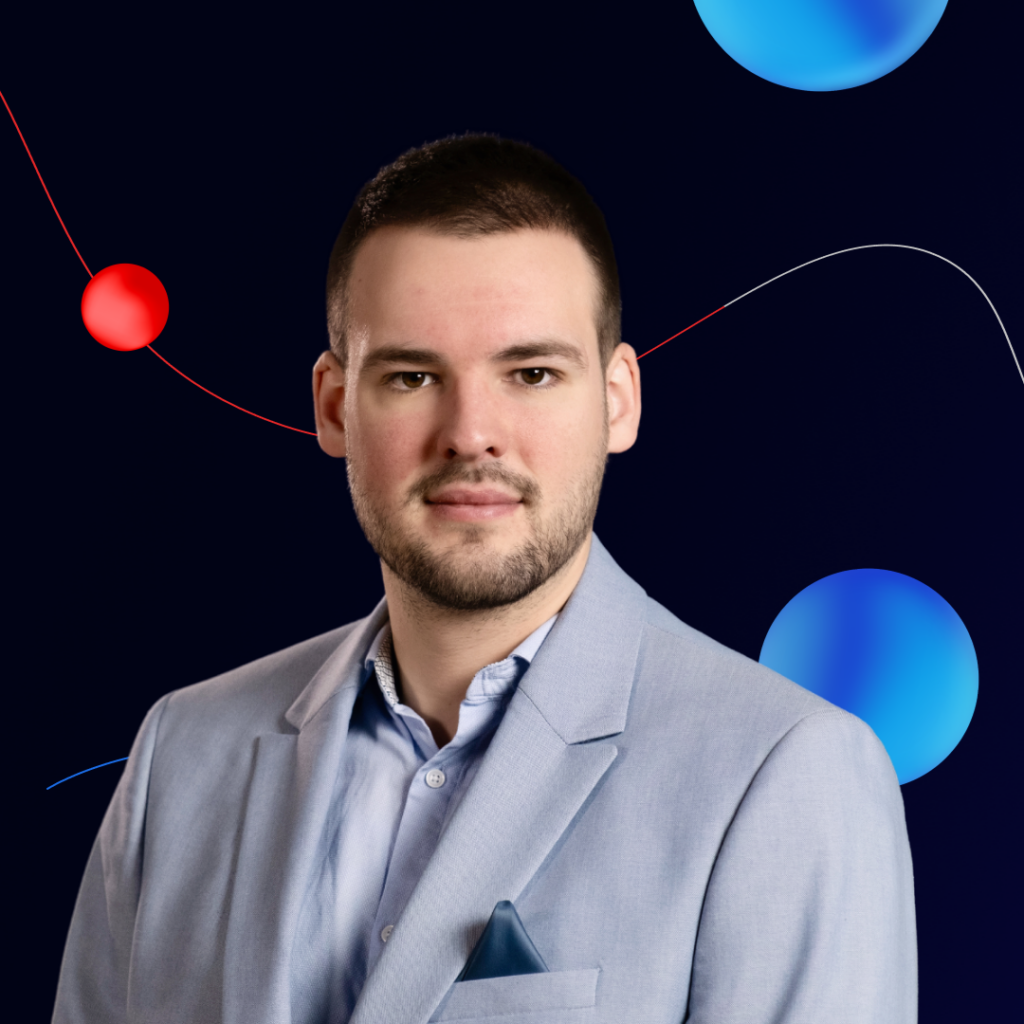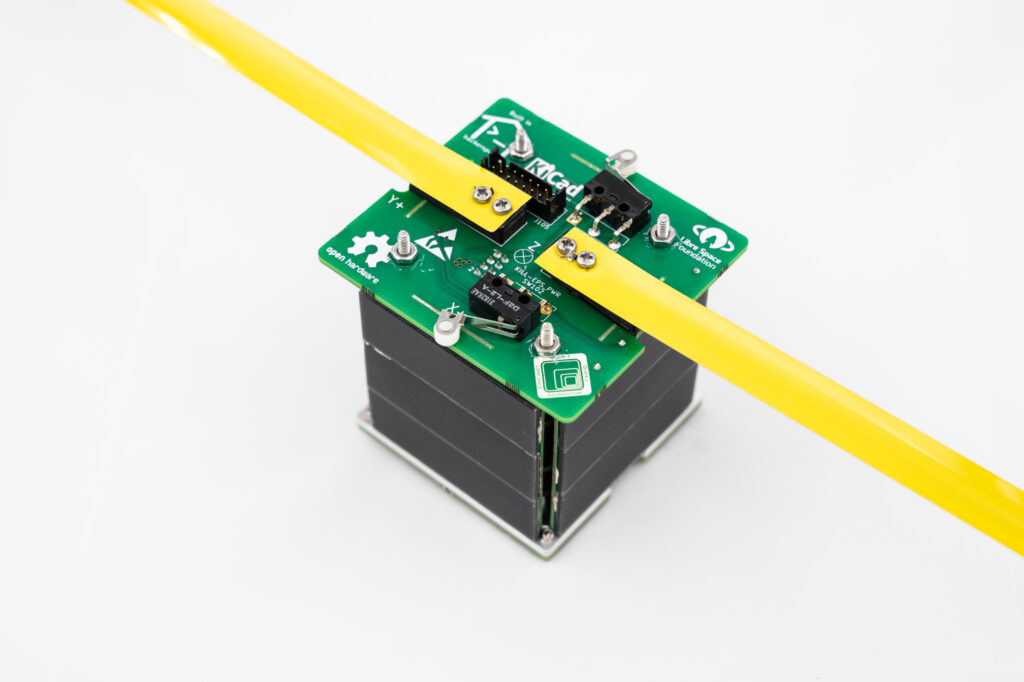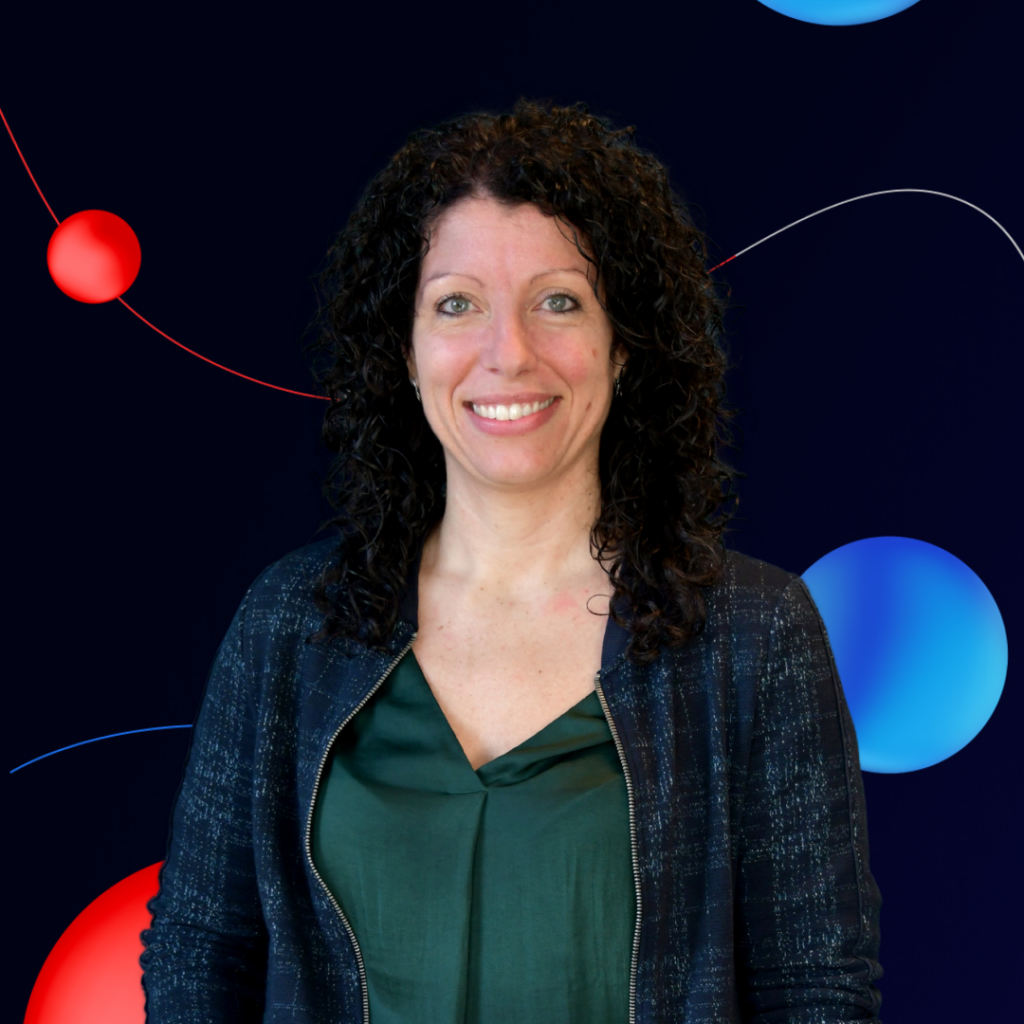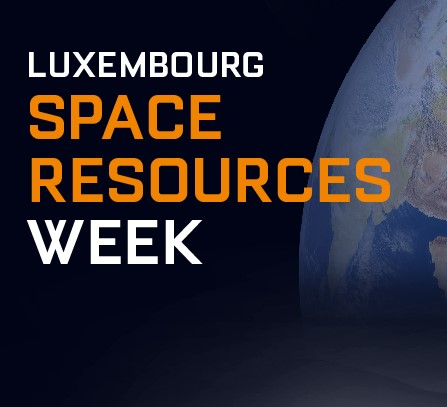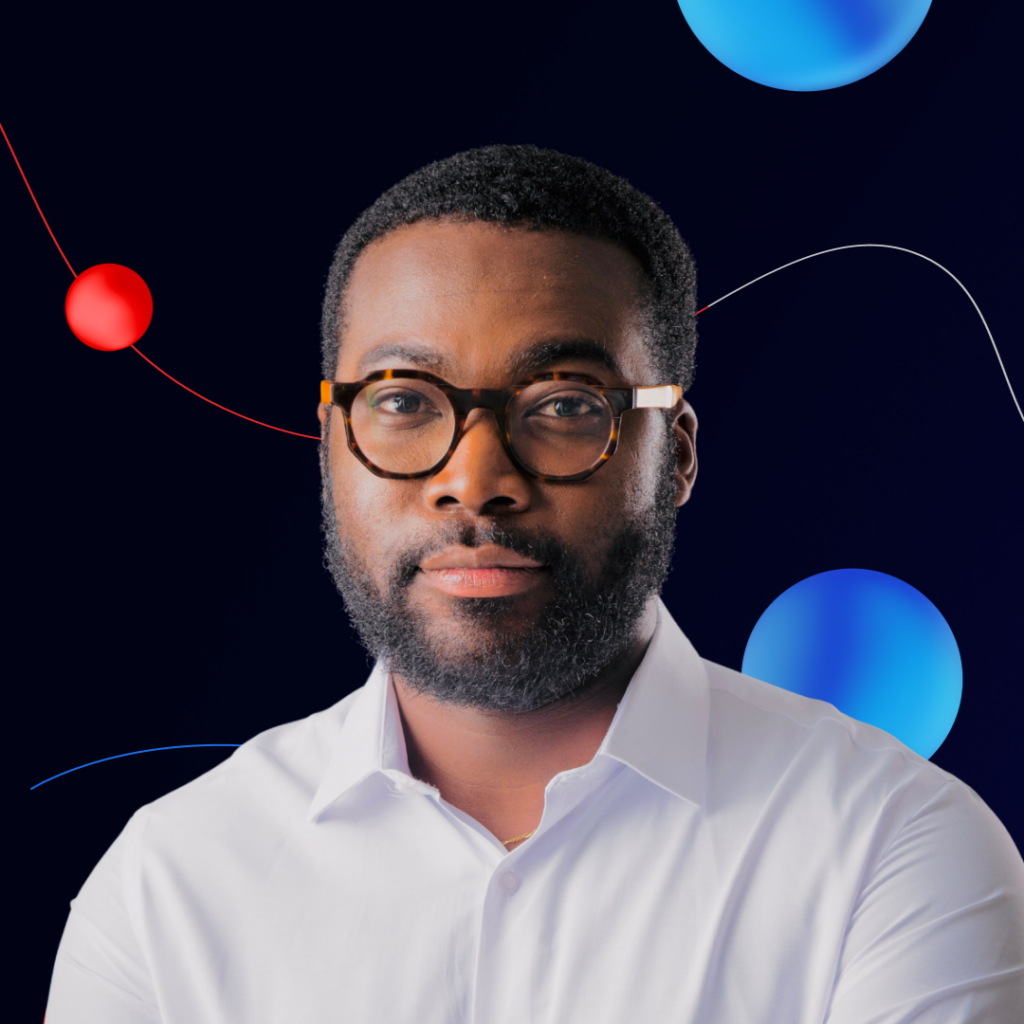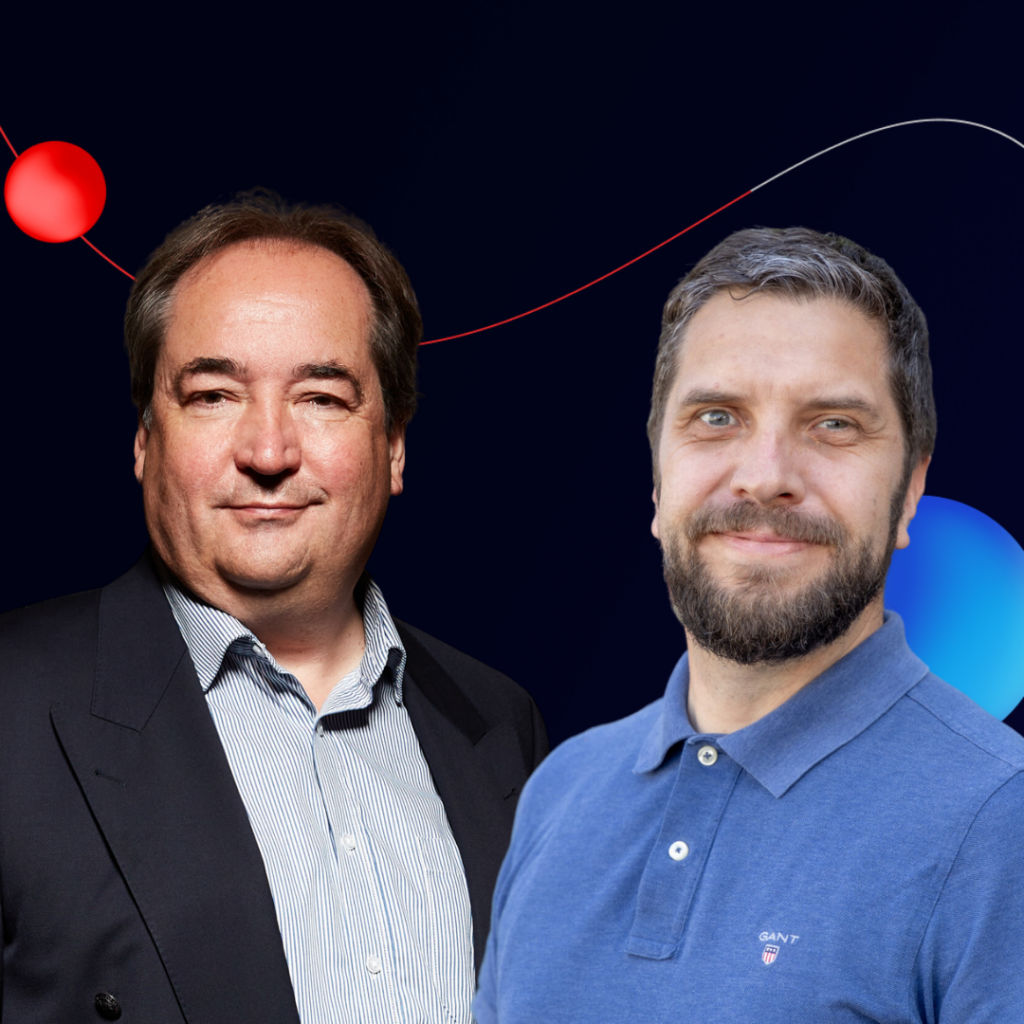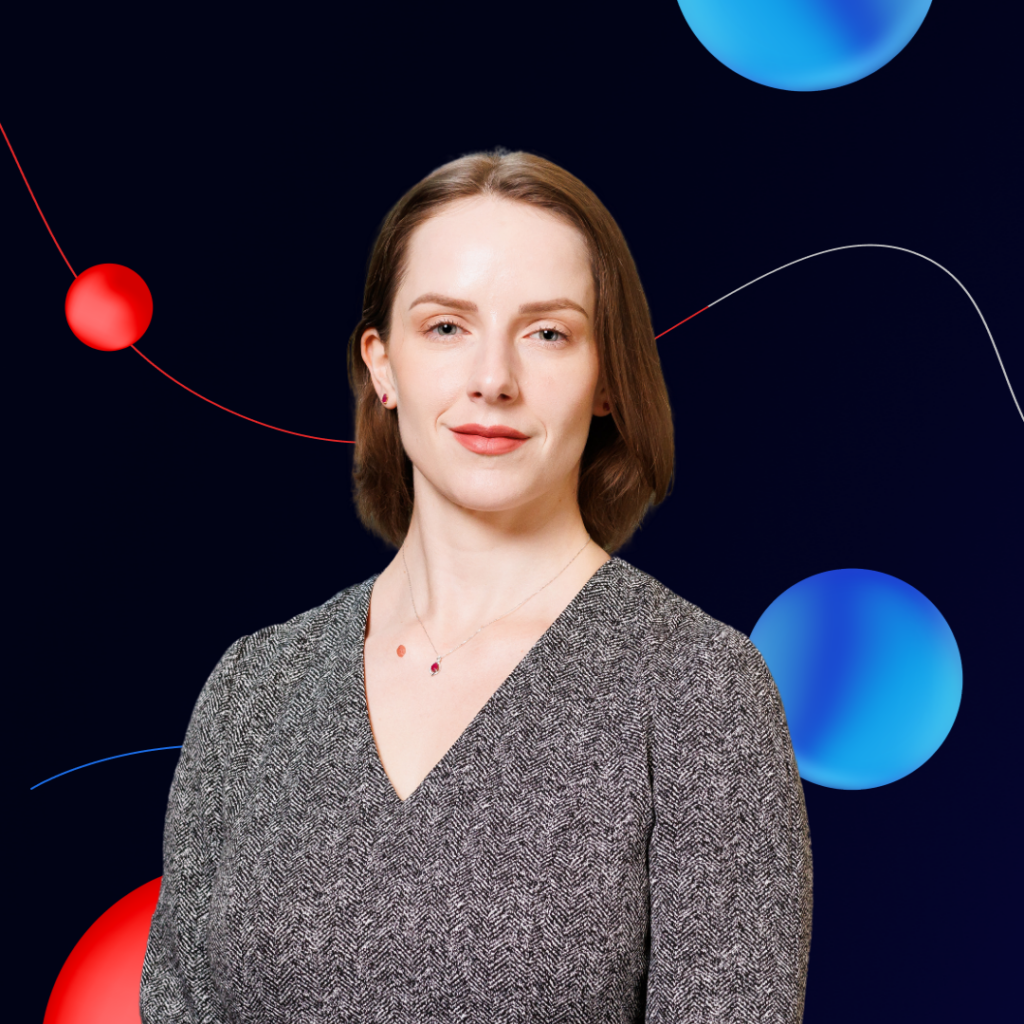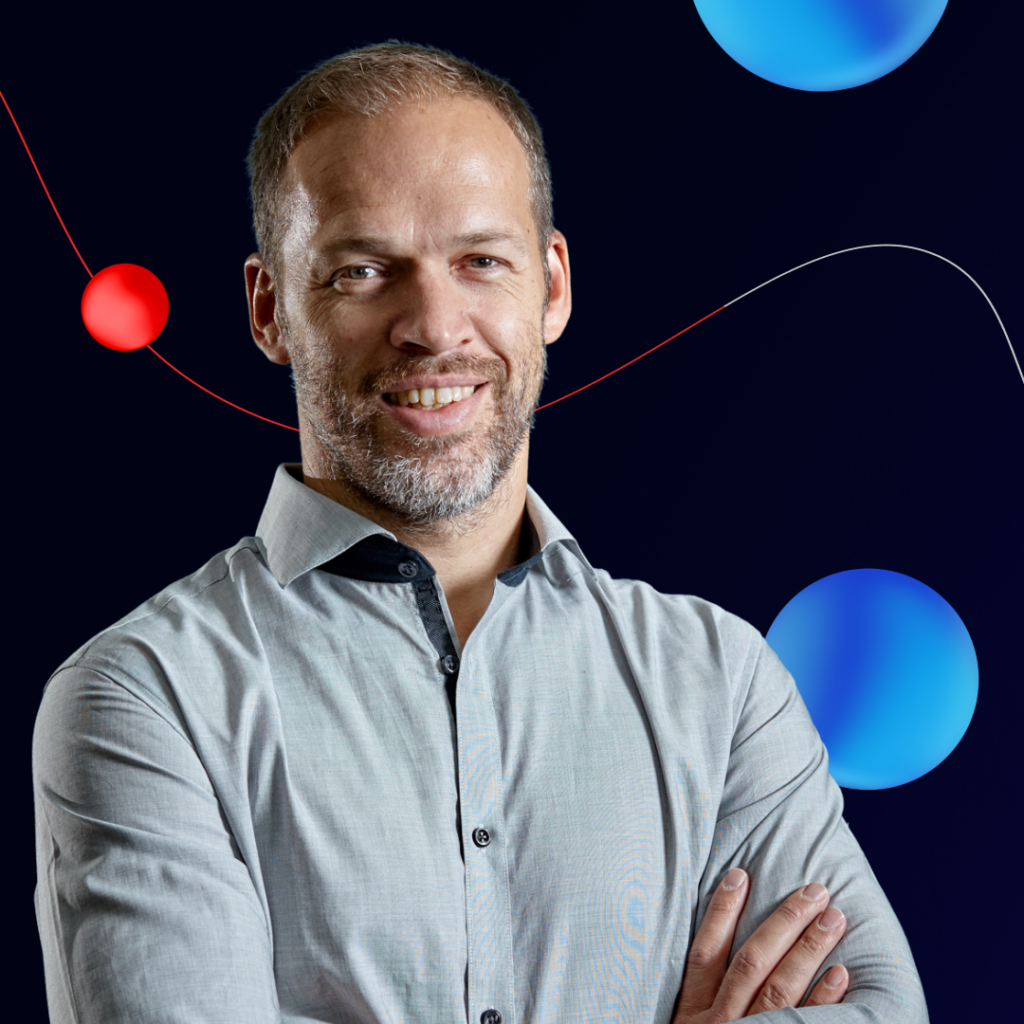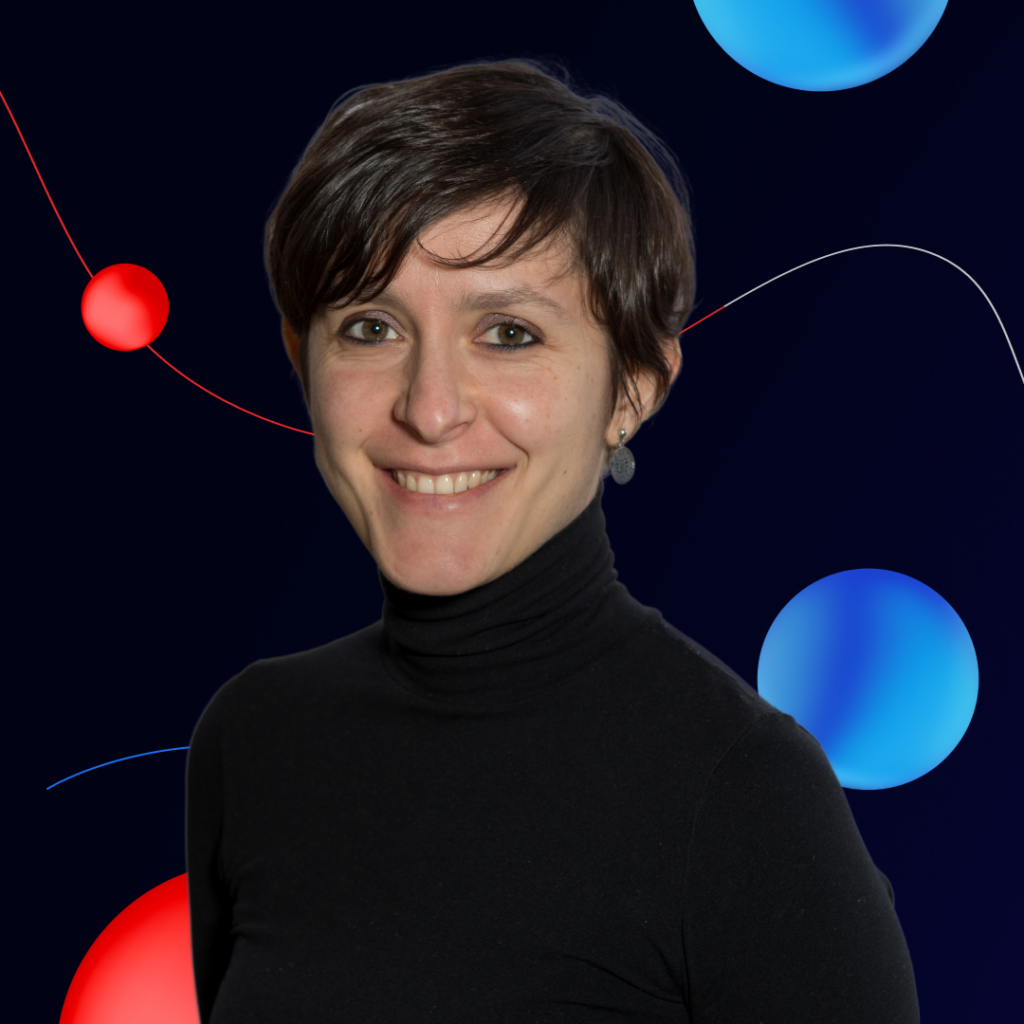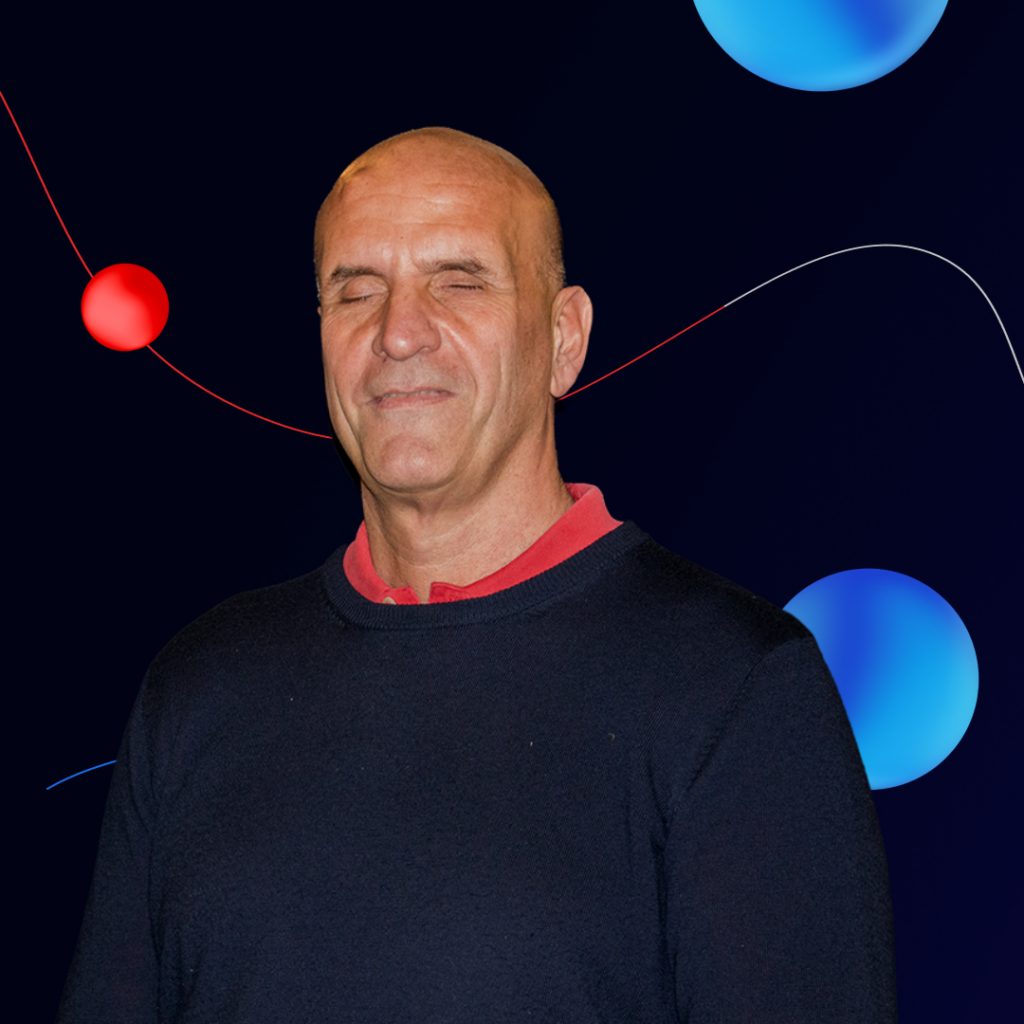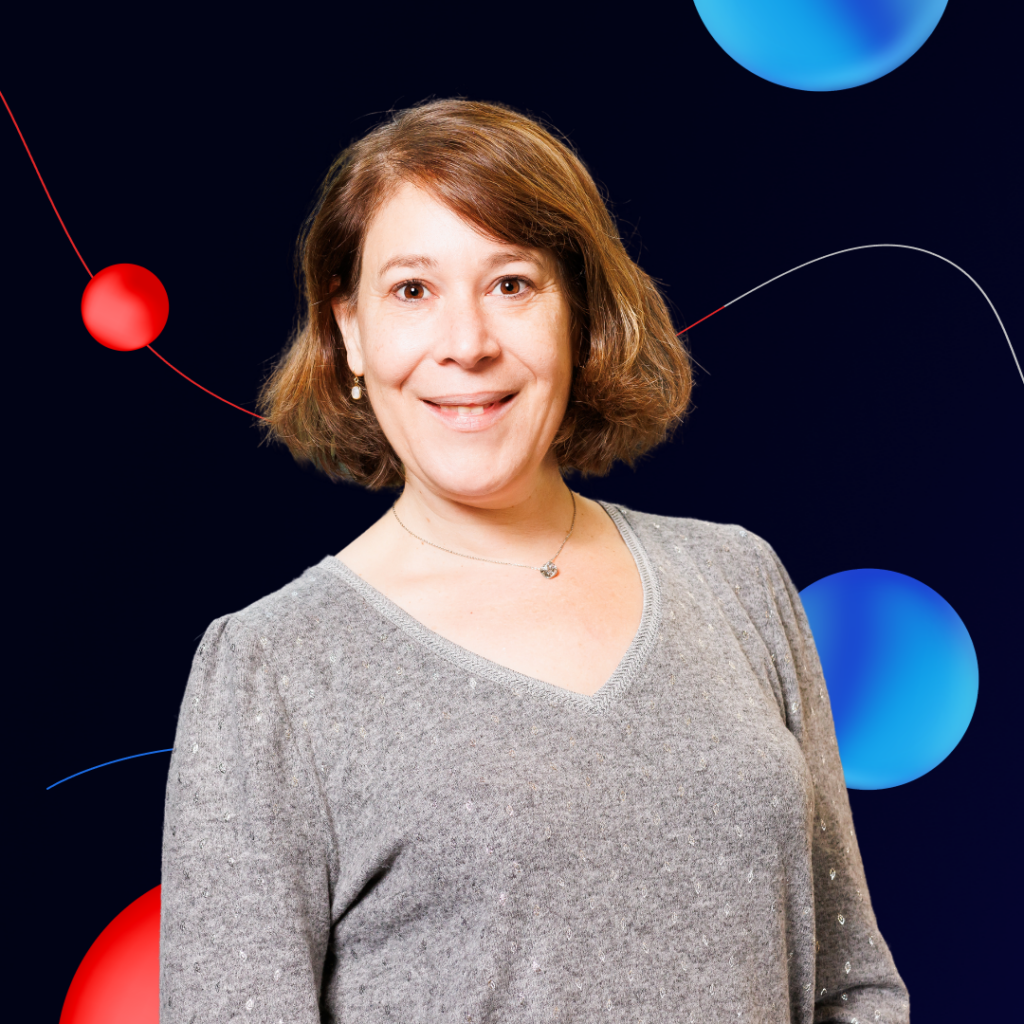SciLux podcast – Lari Cujko, Startup Program Lead at ESRIC & Marek Wilgucki CEO of Four Point
11 July 2023

Startups and Space Resources
Luxembourg has established a vibrant space ecosystem over the past years. At ESRIC, the world’s first incubation program exclusively focused on Space Resources Utilisation, space startups receive valuable support. The inaugural winner of this program was Four Point, a startup dedicated to developing innovative technologies for reducing the environmental impact of opencast mines.
For this episode on the topic of space resources, SciLux podcast is hosting two guests:
- Lari Cujko, Startup Program Lead at the European Space Resources Innovation Centre (ESRIC)
- Marek Wilgucki, CEO of Four Point. Four Point was the very first startup incubated as part of the ESRIC’s startups support programme in 2022.
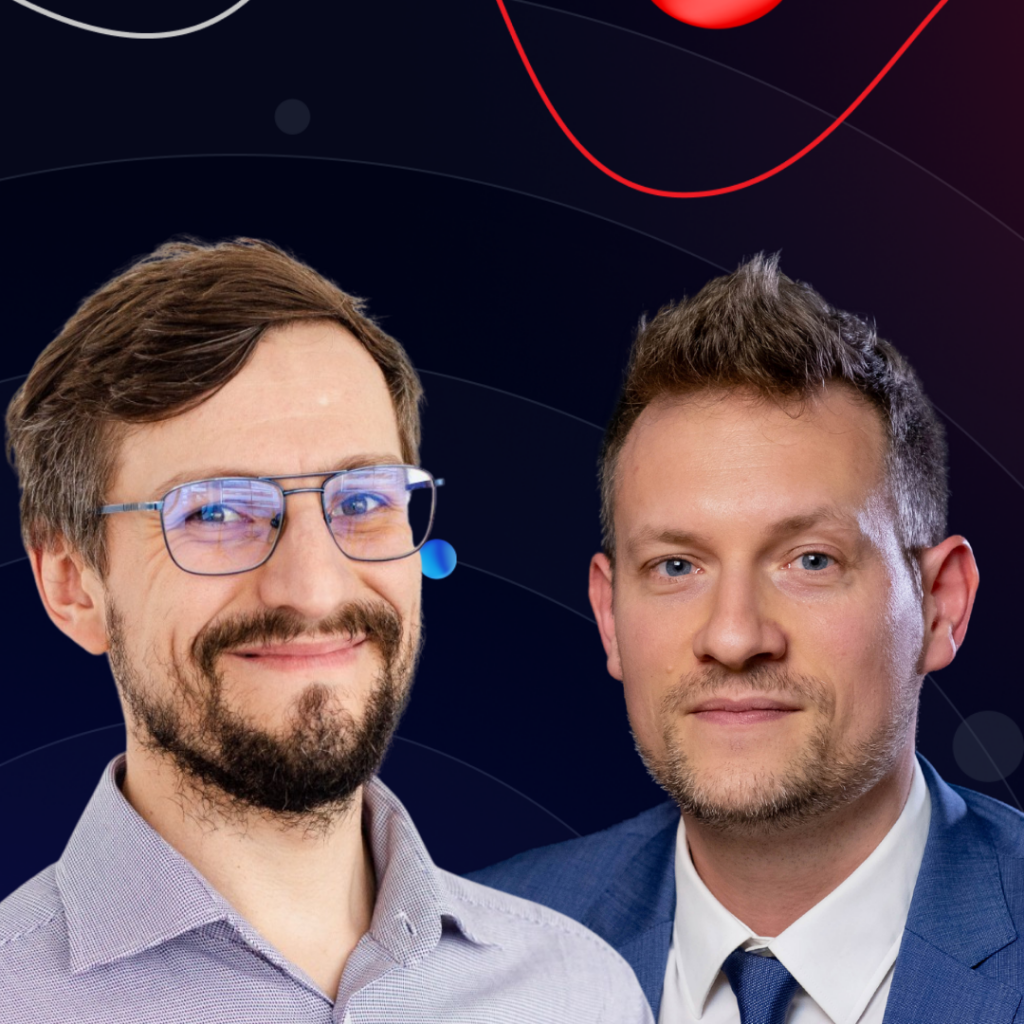
Listen to Lari Cujko and Marek Wilgucki to learn more about the future of space resources through the activities of the ESRIC research centre and the startup Four Point.
Supporting Space Resources Utilisation Startups
The ESRIC Start-up Support Programme (ESRIC SSP) is the first worldwide incubation programme, entirely dedicated to Space Resources Utilisation. It aims at supporting early-stage ventures and start-ups designing novel technologies for space resources applications in refining their business plan, attracting customers and securing their first investments.
More about the ESRIC Start-up Support Programme
We are still working with companies that were in the cohort with us [group of startups part of the ESRIC’s programme]. We didn’t break the bonds that were formed thanks to the programme, and that’s really great. The biggest value, at least for us, that the ESRIC startup support programme gives, is this network and the possibility to work with light-minded people.
Marek Wilgucki
ESRIC is a unique place where technologies, businesses and people meet to drive the future of space resources utilisation in support of space exploration and the creation of an in-space economy.
Based in Luxembourg, ESRIC fosters innovation and growth in the space resources industry by providing access to top class research facilities and business expertise.
ESRIC connects leading academic, industrial and entrepreneurial talents in the field of space resource utilisation. The technologies and business ideas that this inspiring and creative environment generates will help to build a strong, self-sustaining in-space economy with a truly global reach.
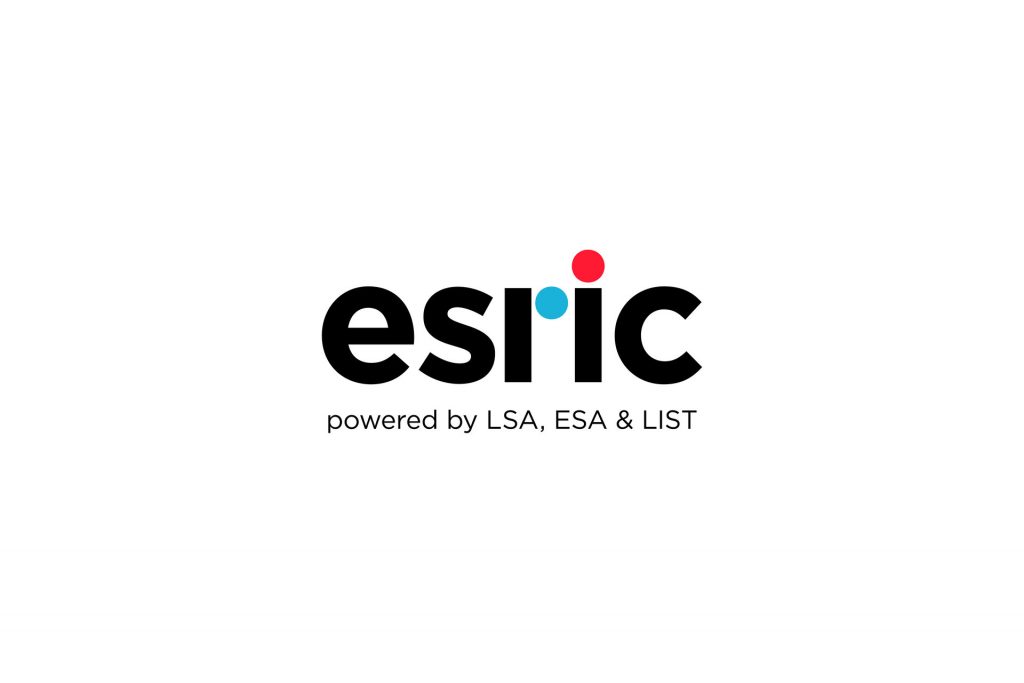
Space Mining
FourPoint Sp. z o. o., is a Polish space technology company, which provides solutions across terrestrial mining value chain especially with its tools utilising satellite remote sensing techniques for prospecting, monitoring ecological impact and reporting.
FourPoint specialises in electrification of mining equipment, development of autonomous machines for resources excavation and an application to monitor: mining sites, detect illegal mining operations, environmental mining impact, deforestation impact.
Research Luxembourg and Space Research
Over the last three decades, Luxembourg has created a thriving scene of space activities. In 2021, Luxembourg was home to 60 companies and research labs – including a growing number of firms that build solutions for the commercial exploration and utilisation of space resources. Approximately 800 employees work in the space sector in Luxembourg, in research and development, manufacturing and operation.
With contributions needed in the areas of materials science, structural engineering, manufacturing and robotics, as well as in computer vision, the research sector in Luxembourg offers a significant advantage to both start-ups and established entities.
More space research news
A podcast to highlight research made in Luxembourg
Research Luxembourg, RTL Today and SciLux have teamed up to launch a new series of podcasts showcasing science in Luxembourg and beyond.
With a new episode every 2 weeks published on RTL Play, ‘SciLux powered by Research Luxembourg’ will showcase research activities and scientific cooperation in the Grand Duchy.
Learn more on the SciLux X Research Luxembourg podcast

